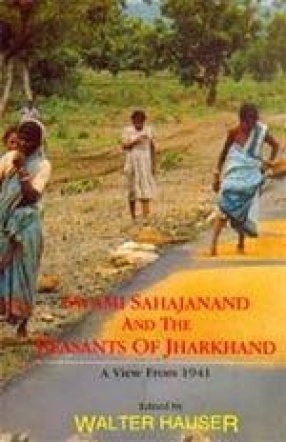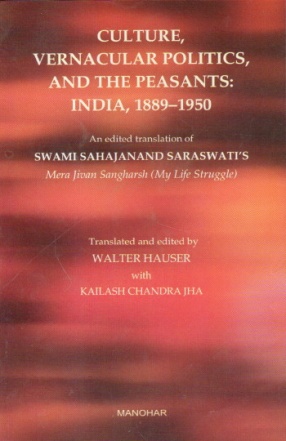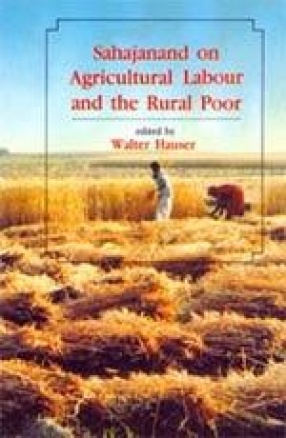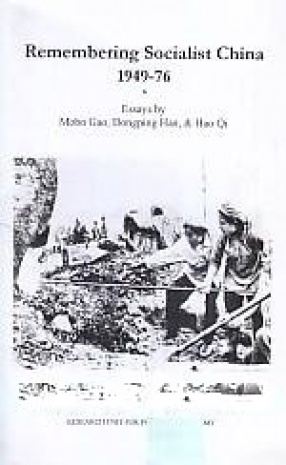A distinguished historian of India recently described Swami Sahajanand as India’s foremost peasant leader. That Sahajanand’s role in the social and political history of the twentieth century is only now being defined in these terms suggests something of the personal and political complexity of the man and his mission. His role in the politics of the Freedom Movement was played out in Eastern UP where he was born and educated, and from the late 1920s in the neighbouring state of Bihar in the Bihar Provincial Kisan Sabha, and from 1936 on the national stage in the All India Kisan Sabha. The Jharkhand ke Kisan tract presented here in an edited translation and in the original and unedited Hindi, provides textual access to yet another dimension of Sahajanand’s remarkable career. It was a career always on the leading edge of cultural, social, and political change, which for Sahajanand had to be transformational in character. So it is not surprising that we find him here exploring the cultural and historical experience of the peasants of Jharkhand in the Chotanagpur plateau of Bihar. The richness of this tract, written in 1941, is reveled both in the vivid descriptions of the experience of the Adivasi Kisans which Sahajanand provides and in the conceptual definitions he gives those lives in the fields, forests, and mountains of this remarkable cultural space. To use his words, the open loot and fraud must stop. Professor Hauser has rendered an easily readable English translation of Sahajanand’s tract while at the same time retaining the style and graphic images of the Swami’s Hindi original. In a brief introduction and in the editor’s endnotes following each chapter, Professor Hauser places Sahajanand’s ideas in the personal and political context of the time and provides appropriate bibliographi references. While this is a view from 1941, in many ways Sahajanand’s argument bears an uncanny contemporary relevance. That too is part of the importance of this historical document.
Swami Sahajanand and the Peasants of Jharkhand: A View from 1941
In stock
Free & Quick Delivery Worldwide
reviews
Bibliographic information
Title
Swami Sahajanand and the Peasants of Jharkhand: A View from 1941
Author
Edition
1st ed.
Publisher
ISBN
8173045992
Length
xxxvi+369p., Map; Glossary; Index; 23cm.
Subjects







There are no reviews yet.